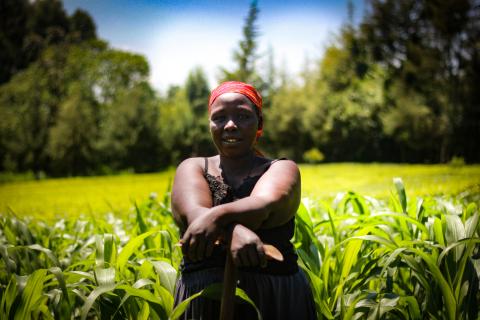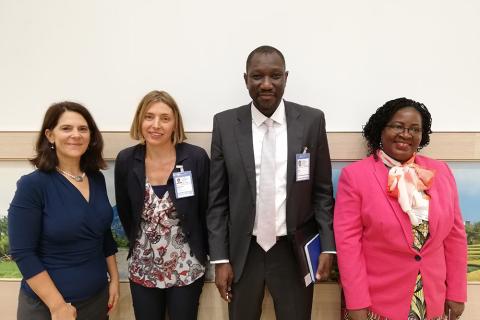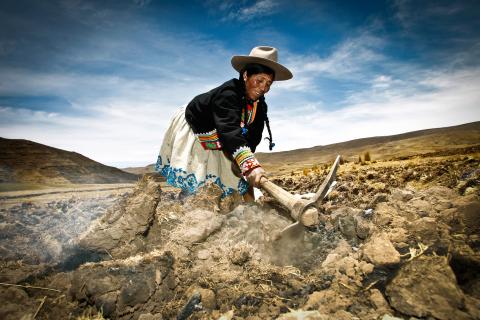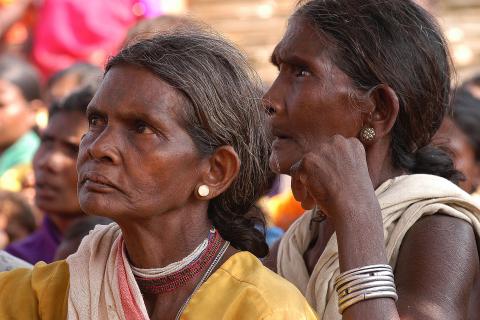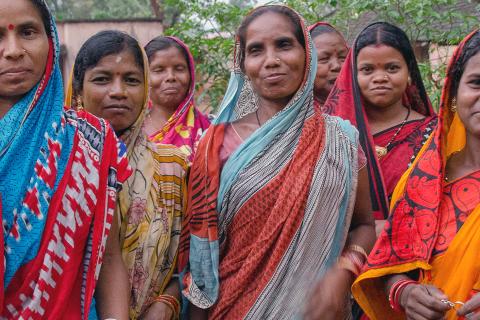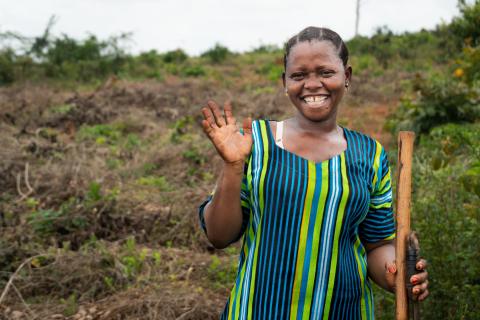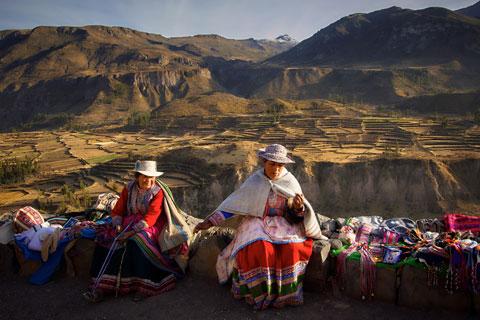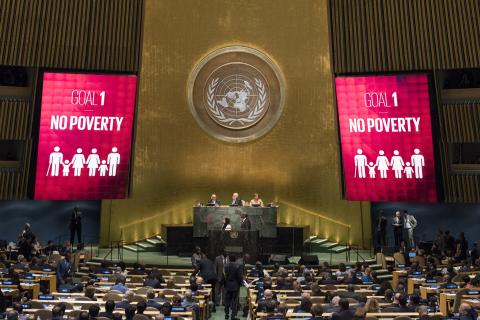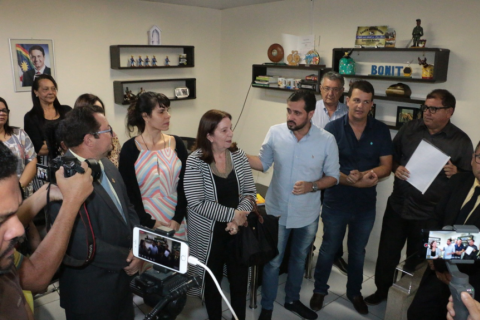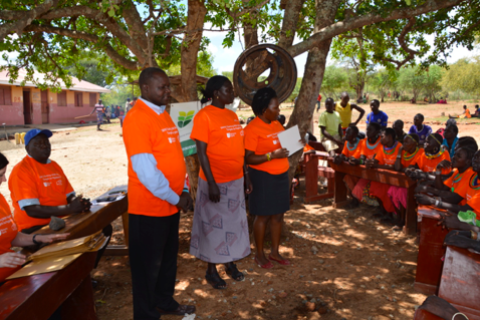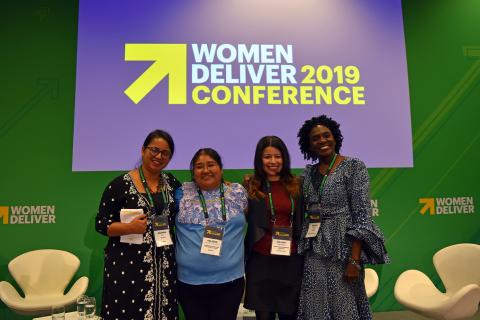Mobilizing Change for Women Within Collective Tenure Regimes
Local communities manage a significant portion of the world’s remaining forests, pastures, and fisheries as common property resources, but they are rarely recognized as formal owners. Important progress has occurred during the last twenty years, as growing evidence suggests that devolving rights to communities can provide incentives for new forms of investment that facilitate sustainable outcomes as well as greater equity in the distribution of benefits.

